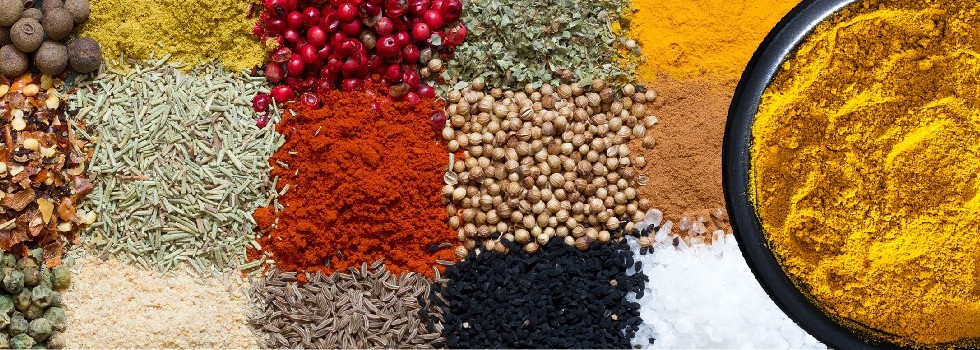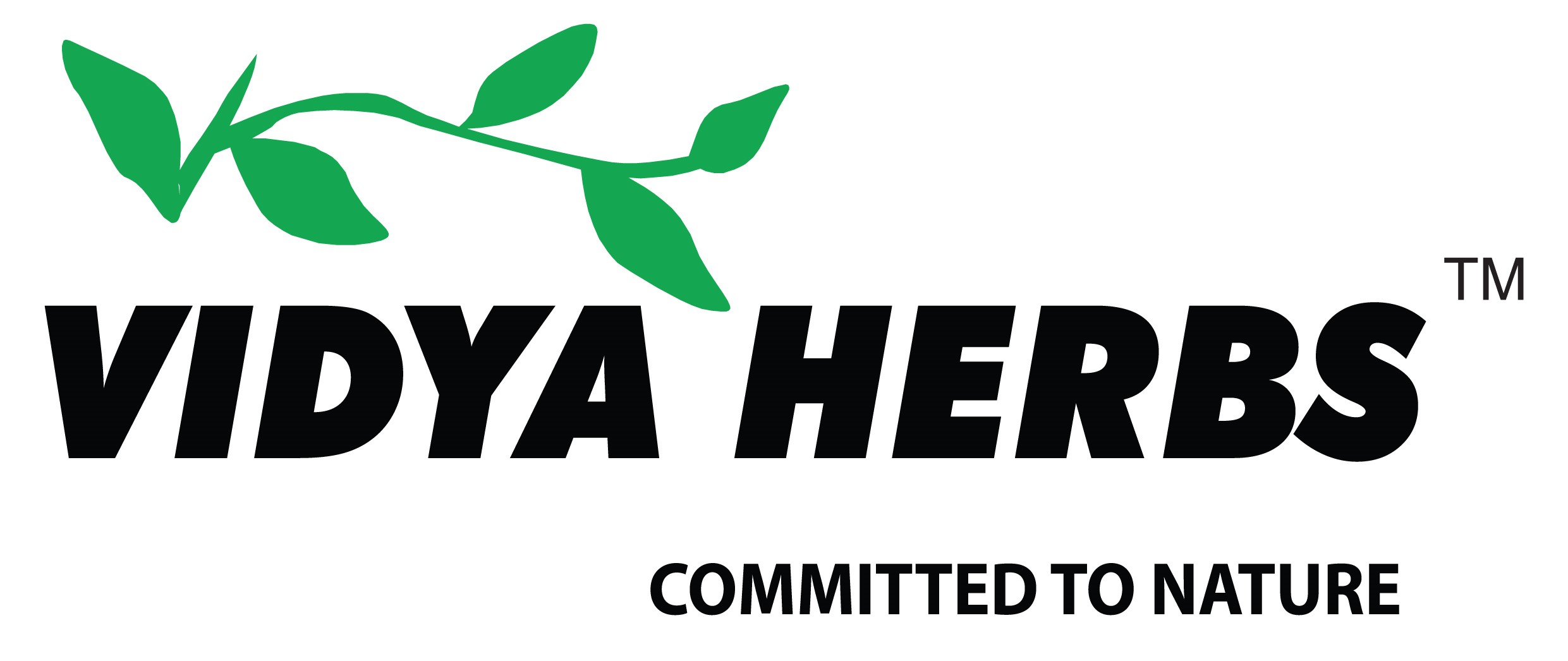Promotional Features
Meeting a Growing Need for Sustainability
In research done in 2019 by the NYU STERN Center for Sustainable Business, it was reported that from 2013 to 2018, 50.1% of market growth in consumer-packaged goods (CPG) was accounted for by sustainability-marketed products.[1] Furthermore, Unilever reported that sustainable brands experienced a more rapid growth (46%) than other parts of the business and was responsible for 70% of the company’s turnover growth.[2]
Established in 1999 and headquartered in Bangalore, India, Vidya Herbs, a leading manufacturer of herbal extracts for dietary supplements, functional foods, and personal care products has long recognized the value of sourcing its botanicals from sustainable sources. The company understands that to be able to serve the world with these natural, plant-derived products, the farms from which these materials come from must be able to continue to yield adequate crops for years to come. Additionally, sustainable farming ensures that future generations of farmers in these communities throughout India can continue to have a source of income to rely on.
Aligned with a commitment to nature and society, Vidya Herbs has partnered with over 3,000 contract farmers in the cultivation of medicinal plants spread across more than 10,000 acres. These partnerships not only provide quality, traceable ingredients to our customers, but also allows Vidya to assist farmers and their families, protect land, protect wildlife, and promote sustainability.
Vidya Herbs has been engaging with organic farmers for years, and has more recently begun contracting farmers who practice more advanced sustainability practices such as biodynamic and regenerative organic farming. As these partnerships grow, Vidya Herbs is currently pursuing certification through Demeter for Biodynamic farming and Regenerative Organic Certification.
While both Regenerative Organic and Biodynamic farming are considered “beyond organic” with a focus on sustainability and soil health there are some subtle differences.
Regenerative organic builds upon already rigorous organic farming practices, such as avoiding use of pesticides and fertilizers. Regenerative organic farming incorporates crop covering with minimal soil disturbance to maintain biology and structure of soil, while preventing nutrient depletion and erosion. Crops are also rotated to optimize soil health. Grass-fed ruminants such as cattle are incorporated back into crop farming through rotational grazing and contribution of nutrient rich manure.
Biodynamic farming is a form of regenerative agriculture that was pioneered by Dr. Rudolf Steiner in the 1920s. A harmonic approach is added that views the farm as a living, self-sustaining organism following a natural cosmic rhythm. For a farm to be considered biodynamic, at least ten percent of acreage must be dedicated to wildlife plant and animal biodiversity. Since water conservation is an important aspect of Biodynamic farming, rain water harvesting canals and percolation ponds are often used for sustainable irrigation. Another interesting aspect of biodynamic farming, specific fertilizing preparations made from manure, minerals, and herbs are used to enhance compost applied to fields.
For brands interested in learning more about the products that Vidya offers with these certifications, the Red Bank, New Jersey sales office is available via e-mail at vasb@ivqlnureofhfn.pbz or by phone at (732) 784-1587.
----
References:




